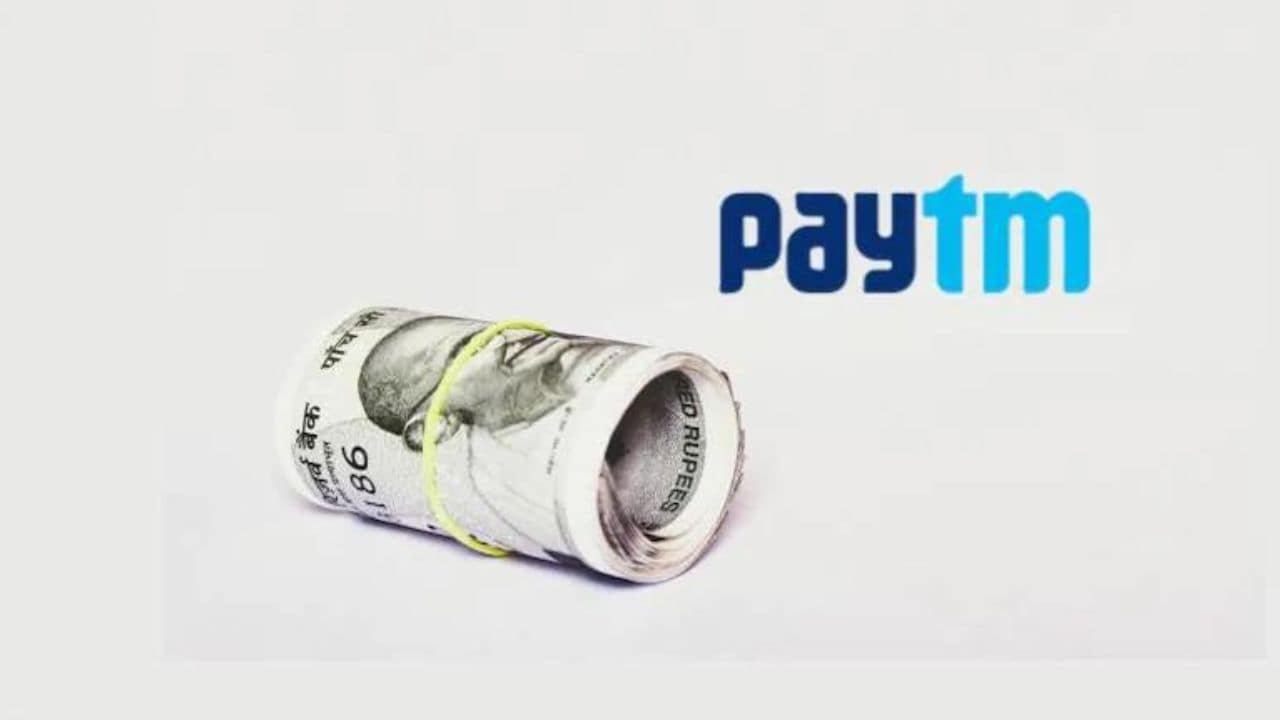Paytm founder-CEO Vijay Shekhar Sharma has been facing a severe crisis as the Reserve Bank of India has put severe curbs on Paytm Payments Bank (PPBL). The RBI recently instructed PPBL to cease further deposits, credit transactions, and top-ups on customer accounts after February 29, raising concerns about the bank’s future.
Storyboard18 spoke to brand experts to understand how this had led to the erosion of Paytm’s brand value.
Brand expert Harish Bijoor says, “Paytm is a brand that is deep in its valuation. Firstly it is a unique name, a unique symbol and a unique and self-descriptive representation and depiction of all that it stands for. Add to it its ubiquity in the great Indian marketplace. Though in terms of market share it is not the number one, in terms of mind share it is. Therefore, its deep valuation.”
According to Bijoor, this deep valuation is in essence the bubble wrap which protects brands and keeps them in the stratosphere. That has been pricked. This causes drastic valuation loss. The second valuation loss is market valuation pertaining to the stock market. That has been hit badly as well. This valuation has fallen by more than 40 per cent in a week.
“This joint tumble of valuation hurts. A deep hurt,” states Bijoor.
Brand consultant Karthik Srinivasan says, “I did not think there would be any significant change on the ground till, surprisingly, I was told by my neighborhood chips vendor (my regular place), when I took my phone to pay him via UPI, not to use Paytm and use PhonePe or Gpay instead. I asked why not and he said that he got to know that there are some issues with Paytm and he doesn’t want his money to get stuck!”
Srinivasan adds, “Unless there are tangible regulatory updates from RBI that exonerate Paytm, and unless Paytm quickly communicates that to its vendors and the general public, I believe the brand erosion will continue since the assurances from Paytm can only go so much when there is only silence from RBI. It is quite shocking and swift given how ubiquitous Paytm as a brand is on the streets.”
Business strategist Llyod Mathias says, “There is a definite impact on the brand value, given the RBI notice and subsequent issues. The fact that competitors like GPay and PhonePe are getting fairly active is going to have a negative impact on the brand value of Paytm. That’s inevitable. How they fight back will determine their long-term future.”
Comparison with Byju’s
While comparing Byju’s fate with Paytm’s, Mathias says, “Byju’s business model seems a little questionable. Its valuation has come down immensely. The Paytm issue is more about corporate governance; the fact that they had slipped on certain accounts and RBI has taken a very firm view, which obviously has resulted in both consumers and partners feeling very unsure. A lot of merchants are pulling back from Paytm. Paytm’s brand has been established for 10 years; Paytm karo has become a verb for a lot of people. So hopefully once they sort these issues out, the brand value will go up.”
Brand consultant Chandramouli says, “For a listed company and its brand erosion, it has a similar impact for investors as well as for people who are putting their money in the wallet. Paytm has lost more than 40 percent in value. Money is a precious thing; to give anyone 5 rupees extra by mistake, the reason is everyone has worked hard toward money, in that case Paytm becomes dubious; people don’t want to risk their money there.
He adds, “Once trust is eroded, to gain it back is extremely tough. So, we will have to work back again and we have to take the painful road to gain the trust of consumers as well as shareholders.”
